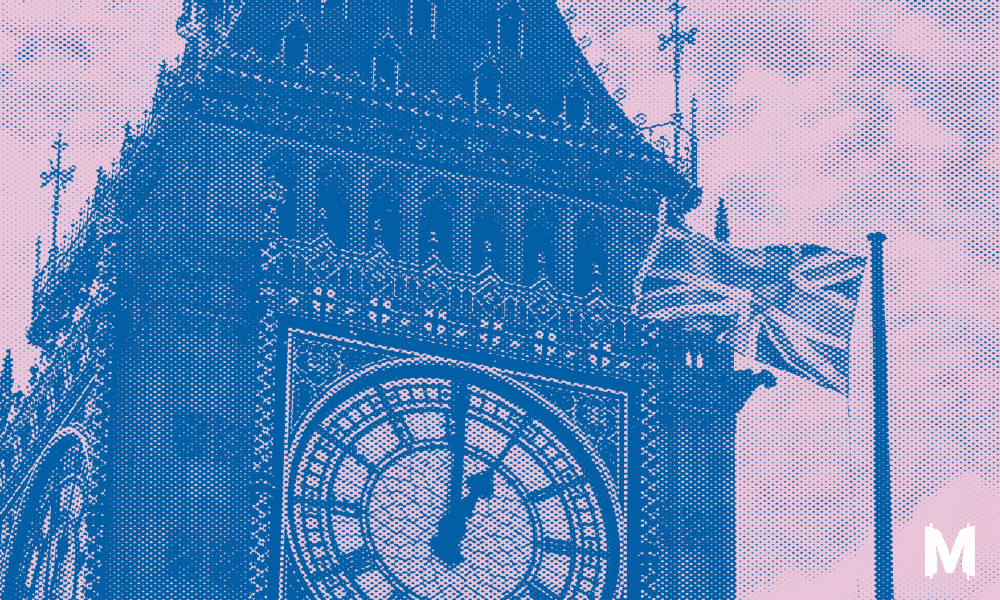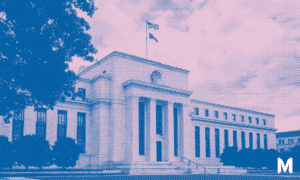Digital assets such as bitcoin are currently not covered by private property laws in the United Kingdom. The Law Commission of England and Wales announced today that it plans to extend property rights to digital assets.
Currently, there are two categories of private property recognized in the United Kingdom: “Things in possession”, such as tangible assets like gold, and “Things in action”, which includes debt as well as shares in stocks.
The commission proposed adding a third category called “Data Objects”. This new category would recognize bitcoin, altcoins and NFTs as private property, providing consumers with more rights to protect and defend their private property in the case of theft, hacks or protocol failures.
To meet the criteria of being a data object, a digital asset can only be used by one person at a given time. This is another way of stating that digital assets are only private property as long as they cannot be spent by multiple people at the same time.
Digital files like Word documents and regular JPEG images aren’t “Data Objects” because anyone can make a copy, duplicate them and distribute them to multiple people at the same time.
Satoshi, when creating the bitcoin protocol, solved the Byzantine General’s problem and with it the famous “double spend” problem. This opened the door for a new type of digital property where ownership can be verified and coins cannot be counterfeited or spent multiple times.
Bitcoin is slightly over 10 years old and lawmakers around the world are slowly catching up to the reality that bitcoin is here to stay.
In a 236-page document called “Financial Services and Markets Bill“, which was released on the 20th of July 2022, “Digital Settlement Assets” are defined as follows:
“Cryptoassets are a digital representation of value or contractual rights that can be transferred, stored or traded electronically, which may (though do not necessarily) utilise cryptography or distributed ledger technology. No internationally agreed definition, taxonomy or classification currently exists.”
Earlier this month, lawmakers in the UK aimed to tackle stablecoin regulation. After the collapse of the Terra stablecoin this type of regulation seemed imminent due to the damage that retail investors suffered.
Regulators in the UK currently view bitcoin primarily as a means of investment and not of payment. Surprisingly, a quick search through the 236-page document reveals that the word “bitcoin” is only mentioned twice.
Page 34 of the document includes the following remark:
“[…] The government intends to launch a consultation on its regulatory approach to wider cryptoassets beyond stablecoins used for payments, including those primarily used as a means of investment (such as Bitcoin) later in 2022.”




